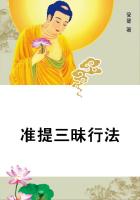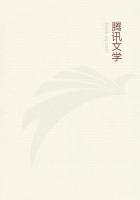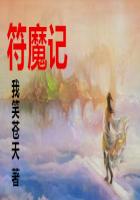Moreover, judge by the destructions and losses and generations and acquisitions and contraries of things: for things whose destruction is more objectionable are themselves more desirable. Likewise also with the losses and contraries of things; for a thing whose loss or whose contrary is more objectionable is itself more desirable. With the generations or acquisitions of things the opposite is the case: for things whose acquisition or generation is more desirable are themselves also desirable. Another commonplace rule is that what is nearer to the good is better and more desirable, i.e. what more nearly resembles the good: thus justice is better than a just man. Also, that which is more like than another thing to something better than itself, as e.g. some say that Ajax was a better man than Odysseus because he was more like Achilles. An objection may be raised to this that it is not true: for it is quite possible that Ajax did not resemble Achilles more nearly than Odysseus in the points which made Achilles the best of them, and that Odysseus was a good man, though unlike Achilles. Look also to see whether the resemblance be that of a caricature, like the resemblance of a monkey to a man, whereas a horse bears none: for the monkey is not the more handsome creature, despite its nearer resemblance to a man. Again, in the case of two things, if one is more like the better thing while another is more like the worse, then that is likely to be better which is more like the better. This too, however, admits of an objection: for quite possibly the one only slightly resembles the better, while the other strongly resembles the worse, e.g. supposing the resemblance of Ajax to Achilles to be slight, while that of Odysseus to Nestor is strong. Also it may be that the one which is like the better type shows a degrading likeness, whereas the one which is like the worse type improves upon it: witness the likeness of a horse to a donkey, and that of a monkey to a man.
Another rule is that the more conspicuous good is more desirable than the less conspicuous, and the more difficult than the easier: for we appreciate better the possession of things that cannot be easily acquired. Also the more personal possession is more desirable than the more widely shared. Also, that which is more free from connexion with evil: for what is not attended by any unpleasantness is more desirable than what is so attended.
Moreover, if A be without qualification better than B, then also the best of the members of A is better than the best of the members of B; e.g. if Man be better than Horse, then also the best man is better than the best horse. Also, if the best in A be better than the best in B, then also A is better than B without qualification; e.g. if the best man be better than the best horse, then also Man is better than Horse without qualification.
Moreover, things which our friends can share are more desirable than those they cannot. Also, things which we like rather to do to our friend are more desirable than those we like to do to the man in the street, e.g. just dealing and the doing of good rather than the semblance of them: for we would rather really do good to our friends than seem to do so, whereas towards the man in the street the converse is the case.
Also, superfluities are better than necessities, and are sometimes more desirable as well: for the good life is better than mere life, and good life is a superfluity, whereas mere life itself is a necessity. Sometimes, though, what is better is not also more desirable: for there is no necessity that because it is better it should also be more desirable: at least to be a philosopher is better than to make money, but it is not more desirable for a man who lacks the necessities of life. The expression 'superfluity' applies whenever a man possesses the necessities of life and sets to work to secure as well other noble acquisitions. Roughly speaking, perhaps, necessities are more desirable, while superfluities are better.
Also, what cannot be got from another is more desirable than what can be got from another as well, as (e.g.) is the case of justice compared with courage. Also, A is more desirable if A is desirable without B, but not B without A: power (e.g.) is not desirable without prudence, but prudence is desirable without power. Also, if of two things we repudiate the one in order to be thought to possess the other, then that one is more desirable which we wish to be thought to possess; thus (e.g.) we repudiate the love of hard work in order that people may think us geniuses.
Moreover, that is more desirable in whose absence it is less blameworthy for people to be vexed; and that is more desirable in whose absence it is more blameworthy for a man not to be vexed.

